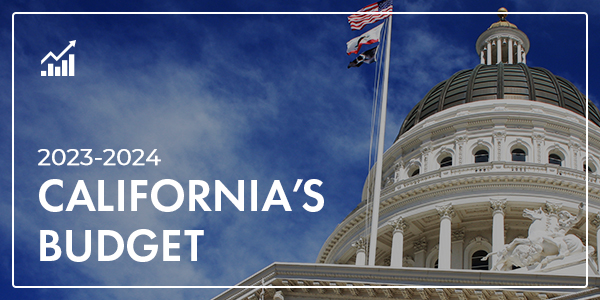Portantino’s CEQA Streamlining Effort to Meet Climate Goals Faster Passes Senate Floor
For Immediate Release: May 24, 2022
Contact: Lerna Shirinian, (818) 409-0400
Portantino’s CEQA Streamlining Effort to Meet Climate Goals Faster Passes Senate Floor
Sacramento, CA - Senate Bill 1136, a measure introduced by Senator Anthony J. Portantino (D – La Cañada Flintridge) to clarify and streamline the California Environmental Quality Act (CEQA) process to help meet climate goals faster, passed the Senate Floor today.
“Meeting the state’s ambitious climate goals will take a massive, coordinated effort and a significant capital investment,” stated Senator Portantino. “Projects can be weighed down by inconsistencies and administrative delays. We need a sense of urgency to ensure that carbon reduction projects can be built in a streamlined and efficient fashion. To ensure that the state can meet its greenhouse gas reduction goals and minimize unnecessary duplication of work and expenses, SB 1136 will eliminate unnecessary layers of environmental review for specific projects without compromising necessary environmental review.”
CEQA provides a process for evaluating the environmental effects of a project, and includes statutory exemptions, as well as categorical exemptions in its guidelines. If a project is not exempt from CEQA, an initial study is prepared to determine whether a project may have a significant effect on the environment. If the initial study shows that there would not be a significant effect on the environment, the lead agency must prepare a negative declaration. If the initial study shows that the project may have a significant effect on the environment, the lead agency must prepare an environmental impact report (EIR). Generally, an EIR must accurately describe the proposed project, identify and analyze each significant environmental impact expected to result from the proposed project, identify mitigation measures to reduce those impacts to the extent feasible, and evaluate a range of reasonable alternatives to the proposed project.
SB 1136 would require specified public agencies, including air pollution control districts and air quality management districts, to perform an environmental analysis of the reasonably foreseeable methods of compliance. The bill will expand the types of projects that qualify for a focused environmental impact report and therefore enable rapid investment and a skilled workforce. It will require those projects to comply with certain labor requirements for the use of a focused EIR.
###





